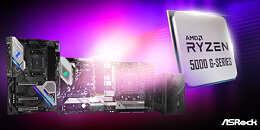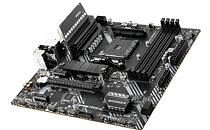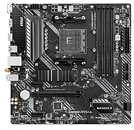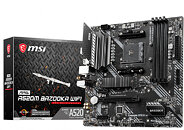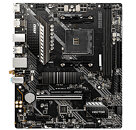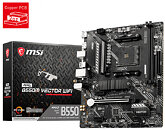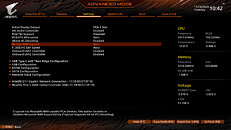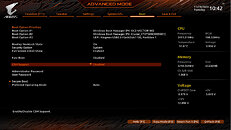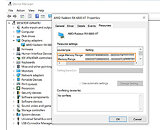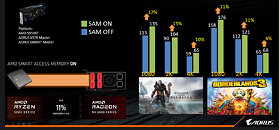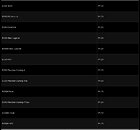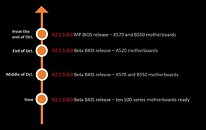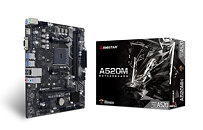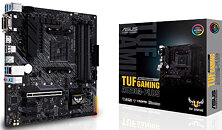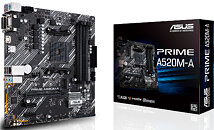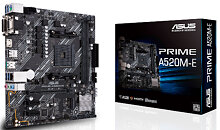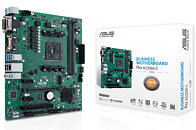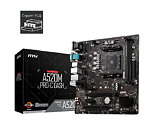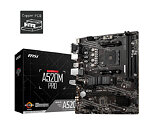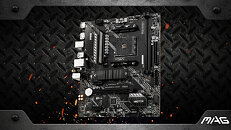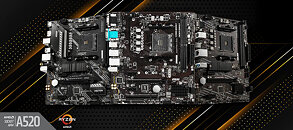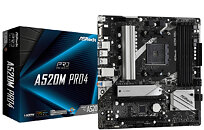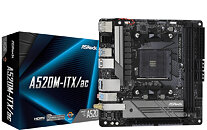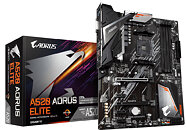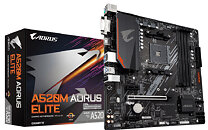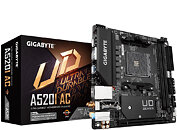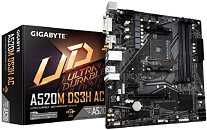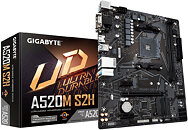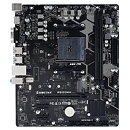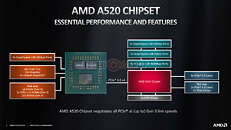
Qualcomm Snapdragon 6 Gen 4 Mid-range SoC Introduced With 39% Faster GPU
Qualcomm has announced its latest mid-range offering, dubbed the Snapdragon 6 Gen 4. Compared to its predecessor, the Snapdragon 6 Gen 3, the improvements on the CPU side are rather modest, with Qualcomm claiming an 11% improvement. The CPU, now based on TSMC N4, packs four ARMv9-based Cortex-A720 P-cores, along with four Cortex-A520 E-cores, making it an 8-core system as tradition. On the GPU side, however, a substantial 29% improvement has been asserted, although the specifics remain under wraps as of this writing.
The chipset can be paired with up to 16 GB of LPDDR5-3200 memory, and displays up to FHD+ at 144 Hz are supported. INT4 support is also present the new NPU, which should allow for decent on-device AI capabilities. Gaming performance should also witness a decent jump, thanks to the aforementioned GPU improvement, paired with Game Super Resolution (upscaling) and Frame Motion Engine (frame generation, every other frame). For connectivity, Wi-Fi 6E, Bluetooth 5.4, and 5G (mm Wave, sub-6 GHz) are present. Up to 200 MP single-camera systems are supported, with Snapdragon's LLV (Low Light Vision) technology, Of course, being a budget segment SoC, it would be futile to expect high-end photography capabilities. As for videography, 4k30 and 1080p120 are supported, along with HLG and HDR10.
The chipset can be paired with up to 16 GB of LPDDR5-3200 memory, and displays up to FHD+ at 144 Hz are supported. INT4 support is also present the new NPU, which should allow for decent on-device AI capabilities. Gaming performance should also witness a decent jump, thanks to the aforementioned GPU improvement, paired with Game Super Resolution (upscaling) and Frame Motion Engine (frame generation, every other frame). For connectivity, Wi-Fi 6E, Bluetooth 5.4, and 5G (mm Wave, sub-6 GHz) are present. Up to 200 MP single-camera systems are supported, with Snapdragon's LLV (Low Light Vision) technology, Of course, being a budget segment SoC, it would be futile to expect high-end photography capabilities. As for videography, 4k30 and 1080p120 are supported, along with HLG and HDR10.































